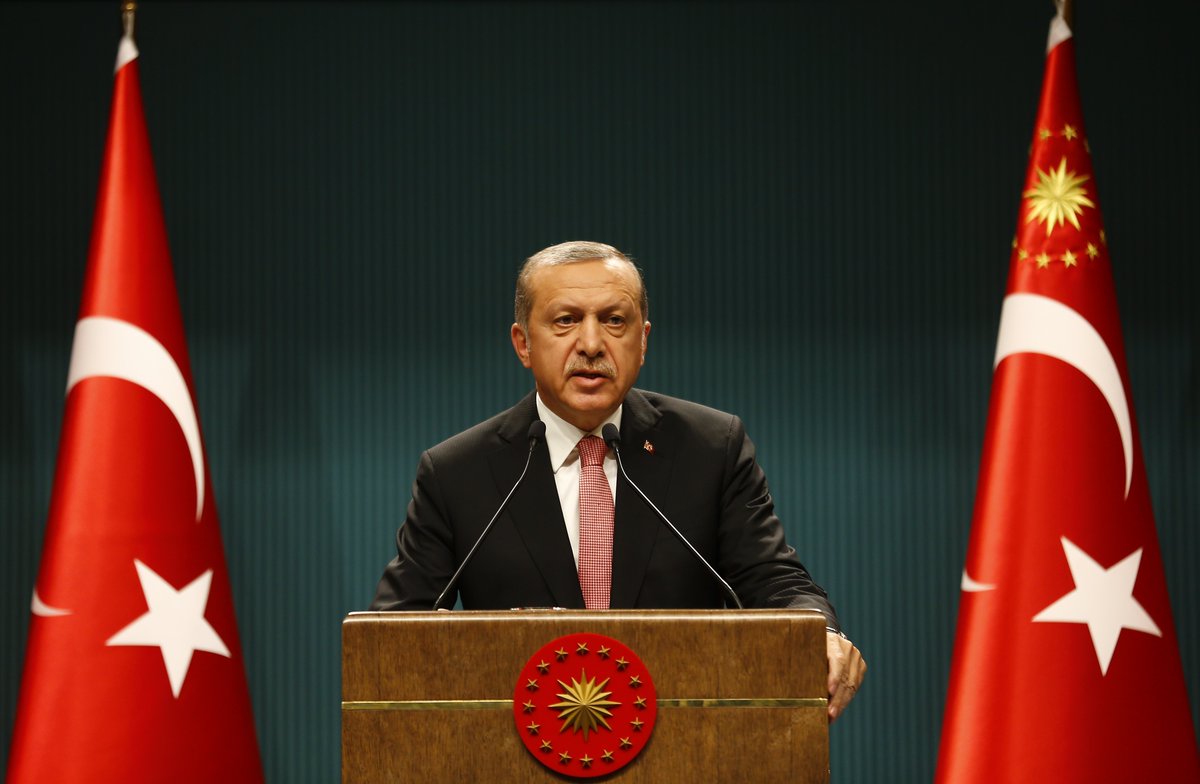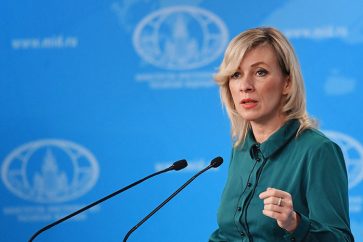Turkish authorities Thursday imposed a three-month state of emergency, strengthening powers to round up suspects accused of staging the failed military coup despite global alarm over a widening purge.
President Recep Tayyip Erdogan declared the state of emergency, the first in Turkey in one and a half decades, shortly before midnight after an almost five-hour meeting of his national security council.
The decision was then published in the official gazette Thursday morning, meaning it has now officially entered into force.
He said the nationwide measure would allow Turkey to be cleared of “terrorists” linked to US-based preacher Fethullah Gulen, whom the president accuses of masterminding the failed coup from his leafy compound in Pennsylvania.
But with concern growing over respect of the rule of law in Turkey almost a week after the coup that left over 300 dead and raised fears of chaos in the key NATO member, Erdogan insisted that democracy would not be compromised.
The state of emergency was needed “in order to remove swiftly all the elements of the terrorist organization involved in the coup attempt,” Erdogan said at the presidential palace in Ankara.
But he added: “We have never made compromises on democracy. And we will never make” them.
The state of emergency gives the government extra powers to restrict freedom of movement, said an official, adding that it would not restrict financial or commercial activities as “international law sets limits of restrictions”.
Turkey in 2002 lifted its last state of emergency, which had been imposed in southeastern provinces for the fight against Kurdish militants in 1987.
Article 120 of the constitution allows a state of emergency to be imposed “at a time of serious deterioration of public order because of acts of violence.”
Erdogan vowed that work would now continue “to fight to clean out all those viruses from the armed forces.”
Source: AFP




